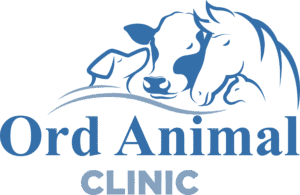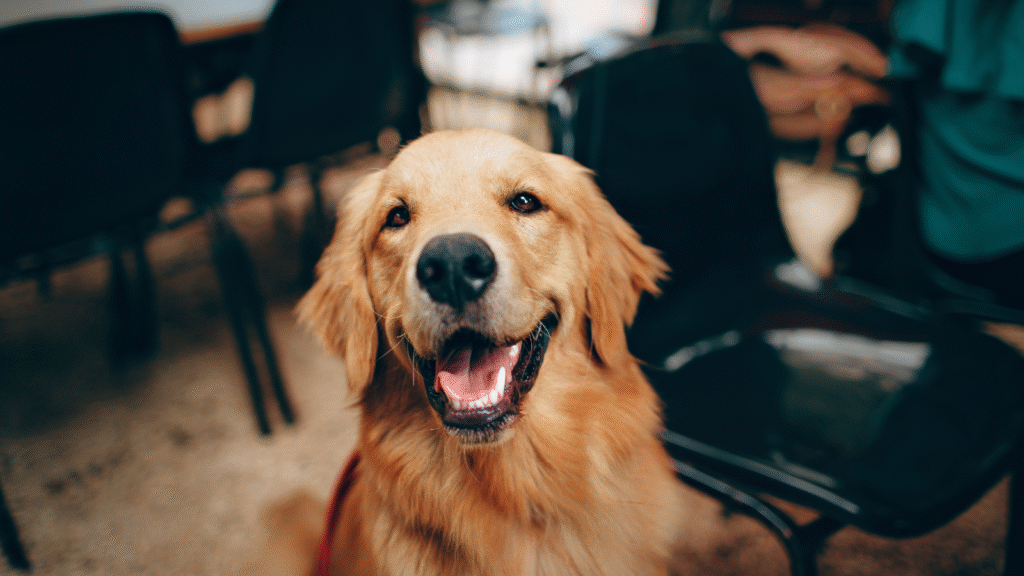Tornadoes and severe storms can occur in parts of Nebraska, like areas in and around Ord. While families prepare storm shelters, food, and water for themselves, it’s just as important to think about the animals who depend on us. From cats and dogs at home to horses, cattle, and livestock in the field, every animal is vulnerable when severe weather strikes. Ord Animal Clinic believes that tornado preparedness should include everyone, people and animals alike.
Tornadoes Pose Risks for Animals
Tornadoes strike quickly and often leave little time to react. Pets may panic and run, livestock may be exposed in open fields, and damage after the storm can cause injuries or illness. Broken fences, debris, and contaminated water sources all add to the risks. Community-wide preparation protects animals and people.
Preparing Household Pets for Tornadoes
Create a Safe Shelter Space
Designate a tornado-safe area in your home (a basement or interior room without windows) and make sure it has room for your pets. Keep carriers, leashes, and comfort items nearby for quick access. Get your pet acquainted with being brought into that room so they are familiar with the space, reducing stress during severe weather.
Make a Pet Tornado Kit
Have a pet-specific kit ready with:
- Food and bottled water for 3–5 days
- Medications and medical records
- A pet first aid kit
- Leash, collar, and/or carrier
- Blankets or toys for comfort
- Waste bags, potty pads, or litter supplies
Keep everything in a bag or container in the event that you need to leave home quickly. Check your pet’s kit regularly to rotate out expiring food or medications.
Identification
Collars, ID tags, and microchips are a must in case pets get lost during or after the storm.
Preparing Horses and Livestock
Think About Shelter and Safety
- Barns and Shelters: Barns should be structurally sound and free of loose debris or items that could become hazardous in high wind.
- Fencing: Permanent fencing is often safer than temporary wire, which may entangle animals.
- Pastures: If the barn isn’t too sturdy, often the best option is to turn livestock loose in open pastures away from power lines or equipment that can become flying debris. Being out in a pasture gives your livestock the option to flee if a tornado comes through.
Identification for Large Animals
Use durable ID methods such as ear tags, a breakaway halter (for horses), or even livestock-safe paint markings. Keep recent photos and information like proof of ownership handy in case your livestock goes missing.
Emergency Feed and Water
Flooding or debris may contaminate water sources. Keep extra feed and clean water available to sustain animals if normal supplies are disrupted.
Relocation
If you have enough advanced notice, you might consider relocating your equines or livestock to another county out of the path of the storm. This should only be an option if you have adequate time to get your animals moved. Never compromise your own safety if severe weather is already happening.
Veterinary Care as Part of Tornado Planning
Routine veterinary care before tornado season verifies that your animals are healthy and up to date on vaccinations, which may be required if relocation or boarding is needed. Vaccines and preventive medical measures protect pets and livestock that may get lost during severe weather, too. If your pet or livestock is injured during a tornado, a veterinarian can assist your animal with experienced urgent care.
Get Tornado-Ready with Veterinary Care in Ord, NE
Tornadoes are unpredictable, but preparation can save lives, both human and animal. Ord Animal Clinic provides veterinary care in Ord for animals large and small from Burwell, Ord, Broken Bow, and nearby areas. We’re here to help you protect your animals with preventive care and guidance on disaster readiness. Want to make sure your pets and livestock are ready for tornadoes? Schedule an appointment with our experienced veterinarians.


